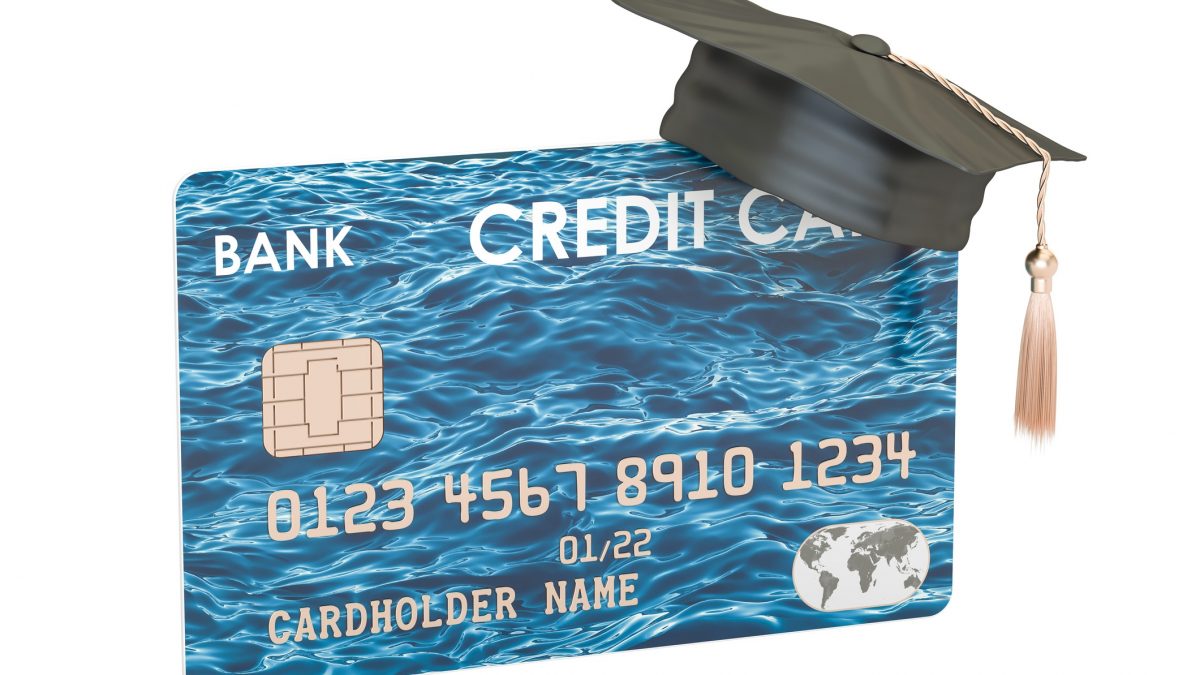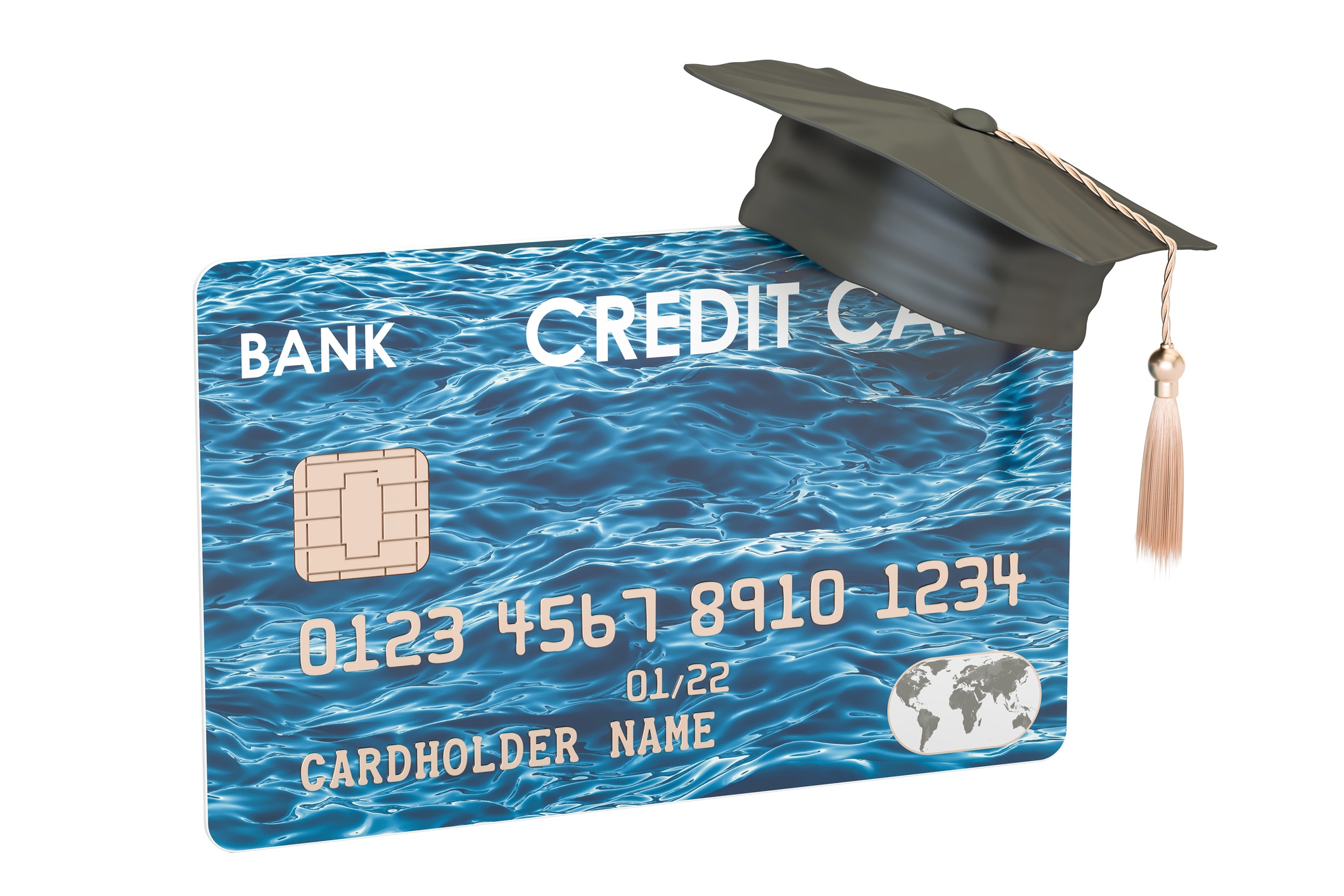Originally posted by: www.consumerreports.org
It used to be that signing up for your first credit card was one of those college rites of passage. You’d fill out some forms at a booth on the quad, get a free T-shirt or Frisbee, and receive your plastic a few weeks later in the mail.
It was so easy that many college students ended up with more credit cards—and more debt—than they could easily manage, especially when the recession hit. The Card Act of 2009 changed all that, making it a lot harder for adults under 21 to obtain a credit card and barring issuers from marketing to them.
Now, if unemployed younger students want to get a card, they’ll need their parents help. (Students who can provide proof of income can still get a card on their own.) There are some valid reasons for parents to provide assistance: Getting a card early can help students learn to responsibly manage credit, and it provides a source of funds that could be tapped in an emergency 24 hours a day. Students can also benefit from building up a good credit history before they graduate college. “That puts them in a better position when they graduate and they’re looking to get loans for their first car or their first home,” says Bruce McClary, a spokesman for the National Foundation for Credit Counseling.
If you think your college student is ready for a credit card, follow the steps below.
Talk to your child about the importance of credit and credit scores.Most high schools don’t teach financial literacy. If you haven’t had a discussion about the basics of credit with your child, it’s something you need to do before he or she leaves for school, whether your child gets a new credit card or not. Almost 60 percent of college students recently polled by LendEdu didn’t know what a credit score was. “It’s not intuitive stuff,” says Beverly Harzog, author of “The Debt Escape Plan: How to Free Yourself From Credit Card Balances, Boost Your Credit Score, and Live Debt-Free” (Career Press, 2015). “Young people can get into trouble with credit fast.”
Make sure your child understands that using a credit card responsibly means never charging more than she can pay off in a month. One way to start is by showing your child a few of your recent statements, explaining how to figure out how much you owe and how interest is calculated. Point out the “minimum payment warning” to show how much it would cost and how long it would take if you made only the minimum payment on the current balance each month.
Understand your parental options.If you’re planning to pay all the bills, you can simply add your child as an authorized user to a card you already have. The bills will come to you, and you can remove your kid at any time, but he or she will still be building a credit history.
You could also co-sign for a student card. Many issuers offer cards with low fees, relatively low limits, and student-oriented rewards for college kids. You can compare offers online at CardRatings.com or LowCards.com. As a co-signer, you’ll be equally responsible for the debt, but the bills will go to your child’s address. If he misses payments or runs up a balance, it could hurt your credit score, and it could be difficult to remove yourself from the account later. “When you co-sign on a card, both parties are equally liable for the debt,” says John Ulzheimer, a credit expert who once worked for FICO, Equifax, and Credit.com.
Another option is to co-sign for a secured card. With a secured card, you’ll have to set up a bank account with a cash deposit that becomes the collateral for the card. The card has a limit at or close to the amount of money in the bank. Look for a card that reports payments to the credit bureaus (not all secured cards do) so that your child will be able to start building up a credit history. As with a student card, if you co-sign for the secured card, you’re on the hook for payments.
Keep tabs on your child’s payments.Because you may be financially responsible for card payments, it’s important to communicate regularly with your child about how he’s managing his expenses. Sign up for text alerts that can let you know if spending goes above a certain limit or if a bill goes unpaid.
It’s never too early to start investing in your child’s future, both financially and in overall safety. If you have not already, order your no-cost McGruff Safe Kit today, so you too can be prepared:







